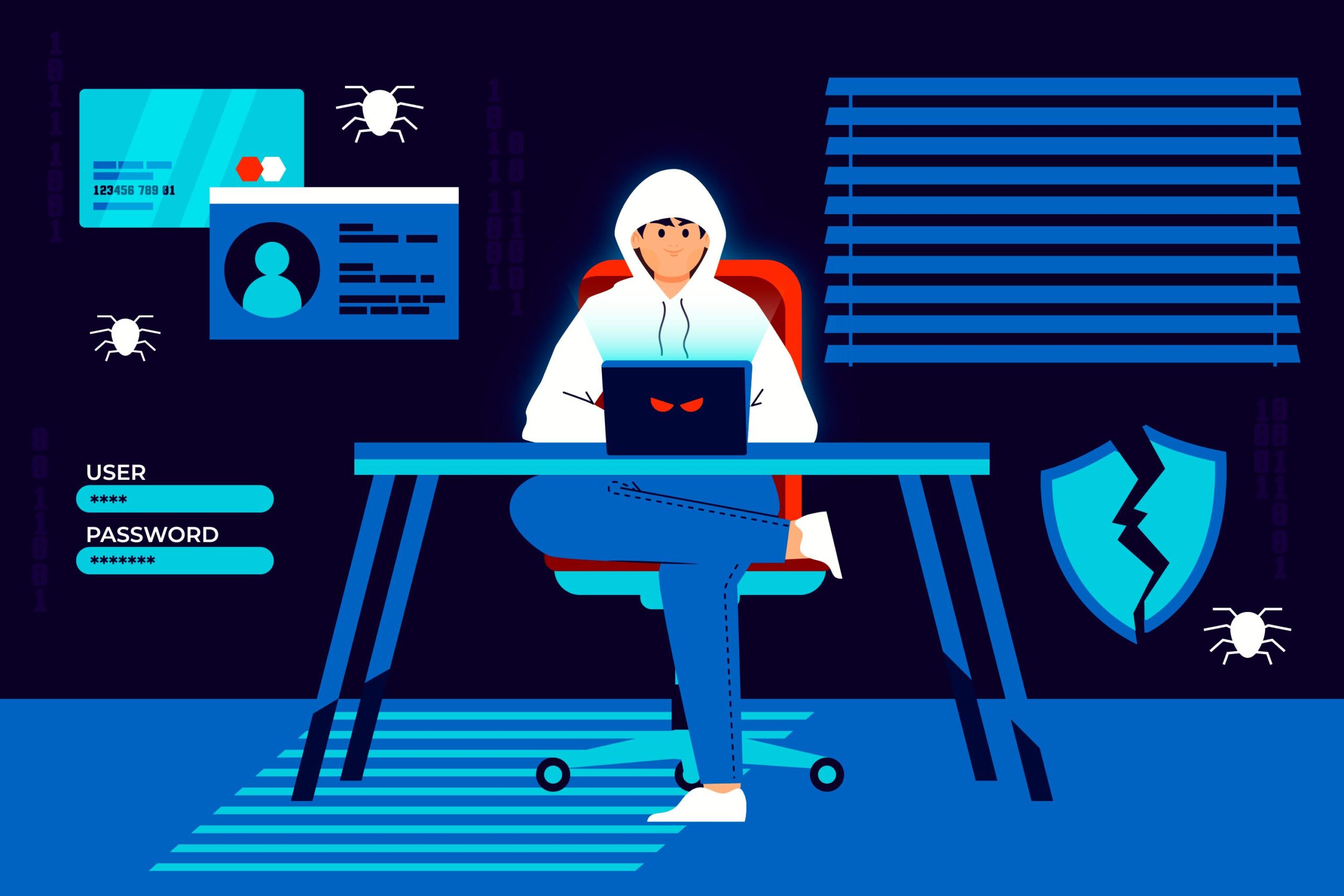How to Hire a Hacker: Best Practices and Precautions
Today, hackers have evolved from mysterious figures lurking in cyberspace to professionals offering their services for legitimate purposes. But if you hire a hacker, it is not as straightforward as hiring a regular consultant. To ensure you’re engaging the right person and maintaining the utmost security, follow this comprehensive guide on hiring a hacker.
Why Hire a Hacker?
The modern business world demands a proactive approach to cybersecurity. To upgrade one’s digital defenses, understanding the reason why you should hire a hacker becomes paramount. They are the experts in the field, capable of simulating potential threats and preempting breaches.
One primary reason businesses turn to hackers is for Penetration Testing or Pen Testing. In this exercise, hackers simulate cyberattacks on an organization’s digital infrastructure to unearth potential vulnerabilities.
Security Audits are another arena wherein hackers assess the robustness of a company’s digital systems, ensuring no weak links exist. Sometimes, mishaps occur, and critical data might seem lost. Here, a competent hacker can work wonders in Recovering Lost Data.
Finally, with cyber threats becoming increasingly complex, companies also leverage hackers’ expertise for Training sessions, enabling staff to understand and adopt cybersecurity best practices.
Types of Hackers
There are hackers of different types. Their objectives and methods can vary significantly.
- White Hat Hackers, often regarded as the ‘good guys’ in the hacking ecosystem, are ethical professionals. They use their profound knowledge and skills to enhance security infrastructure, always operating within legal bounds and with proper permissions.
- Contrarily, Black Hat Hackers are the troublemakers. Their intentions are malicious, often breaching systems illegally for personal gain.
- Then there’s the Grey Hat Hackers, an intriguing mix. While they might not always seek permission, their intent isn’t harmful. They usually occupy a moral gray area, often flagging vulnerabilities out of personal interest or community service.
For official engagements, organizations predominantly look toward white hat hackers to ensure ethical and legal compliance.
Where to Find a Hacker?
In the quest to hire a hacker, traditional hiring venues might prove inadequate. For a streamlined hiring process, Online browsing has risen in prominence. Companies like Hire A Hacker Group function as middlemen, connecting organizations with vetted ethical hackers. Established Cybersecurity Firms often boast a roster of trained hackers, offering their services to interested entities.
Finally, never underestimate the power of Referrals. Often, industry colleagues or partners can point towards reliable and proficient hackers they’ve collaborated with in the past.
Vetting Your Hacker
Going into the hacking world necessitates caution. To ensure you’re collaborating with a genuine, proficient individual when hiring a hacker, due diligence is a prerequisite.
- Start with a comprehensive Background Check. This ensures the hacker’s past doesn’t harbor any nefarious activities.
- The hacking community reveres certain certifications, with Certified Ethical Hacker (CEH) and Offensive Security Certified Professional (OSCP) standing out. Ensuring your potential hire possesses these can be a mark of their competence.
- Prior engagements can be helpful; hence, always ask for References and engage with their past clients or employers.
- Finally, a face-to-face Interview can be revealing. Dive deep into their methodologies, tools, and experiences to judge if they’re the right fit.
Setting Clear Boundaries
Collaborating with a hacker requires the establishment of clear guidelines.
Contract
Before any project initiation, drafting a detailed Contract is pivotal. This document should meticulously define the engagement’s scope, ensuring no ambiguity exists regarding permissible access.
Deadlines
Time is of the essence, so always Set Deadlines, clarifying the project’s start and culmination points.
Dummy Data
To ensure utmost security, especially during test phases, organizations often create mirrored environments filled with Dummy Data. This step ensures that real, sensitive data remains shielded from any accidental breaches.
Compensation
Just like any other professional, hackers expect fair compensation for their expertise. The payment model can vary. Some companies initiate Bug Bounty Programs, providing monetary rewards to hackers who pinpoint vulnerabilities in their systems. This model can be episodic or a continual engagement. Alternatively, a more traditional Hourly or Fixed Rate model can be adopted, ensuring the hacker’s efforts and time get appropriately remunerated.
Communication
A collaborative venture with a hacker necessitates open channels of communication. Regular interactions ensure you’re kept abreast of the ongoing progress. This continual feedback loop not only ensures transparency but also helps in comprehending any vulnerabilities unearthed during the process.
Legal Precautions
Engaging with a hacker, given the nature of their work, is laden with legal implications. Absolute clarity is essential. First and foremost, ensure Permission. Engaging a hacker to target external systems without explicit authorization is illegal. To safeguard company secrets, having a hacker sign a Non-Disclosure Agreement (NDA) is prudent. Furthermore, given the dynamic nature of the digital realm, always Stay Updated on Laws. Cybersecurity regulations can vary across jurisdictions, and staying compliant is non-negotiable.
Post-Hiring Steps
When you hire a hacker, the engagement doesn’t end with the project’s culmination. A detailed Debrief session helps comprehend the vulnerabilities highlighted and the steps required for mitigation. Ensure a thorough review of the Contract to confirm that all stipulated terms were honored. Given the evolving nature of cybersecurity threats, maintaining periodic Follow-ups with the hacker ensures that the organization remains shielded from emerging risks.
Red Flags
Offers that seem Too Good to Be True, like instant results or astonishingly low fees, should raise eyebrows.
Transparency is the bedrock of any professional engagement. If a hacker is reticent about discussing their methodologies or processes, it’s a significant Red Flag.
Furthermore, any hacker’s Unwillingness to Sign Contracts or NDAs signals potential ulterior motives, warranting immediate caution.
Hire A Hacker!
Hiring a hacker can be a boon for your company’s cybersecurity, but it’s essential to approach the process with care and diligence. Staying ahead of potential threats is key, and who better to help than someone who understands the mindset of those threats? Find the best hacker for your business from Hire A Hacker Group and make sure that your business is set to defend against attacks!



















